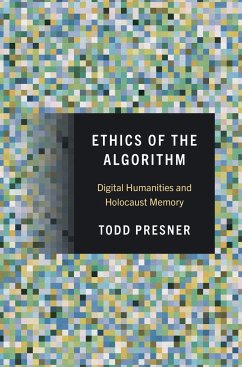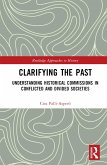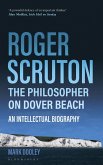"The Holocaust is one of the most documented--and now digitized--events in human history. Institutions and archives hold hundreds of thousands of hours of audio and video testimony, composed of more than a billion words in dozens of languages, with millions of pieces of descriptive metadata. It would take several lifetimes to engage with these testimonies one at a time. Computational methods could be used to analyze an entire archive--but what are the ethical implications of "listening" to Holocaust testimonies by means of an algorithm?"--
Hinweis: Dieser Artikel kann nur an eine deutsche Lieferadresse ausgeliefert werden.
Hinweis: Dieser Artikel kann nur an eine deutsche Lieferadresse ausgeliefert werden.








